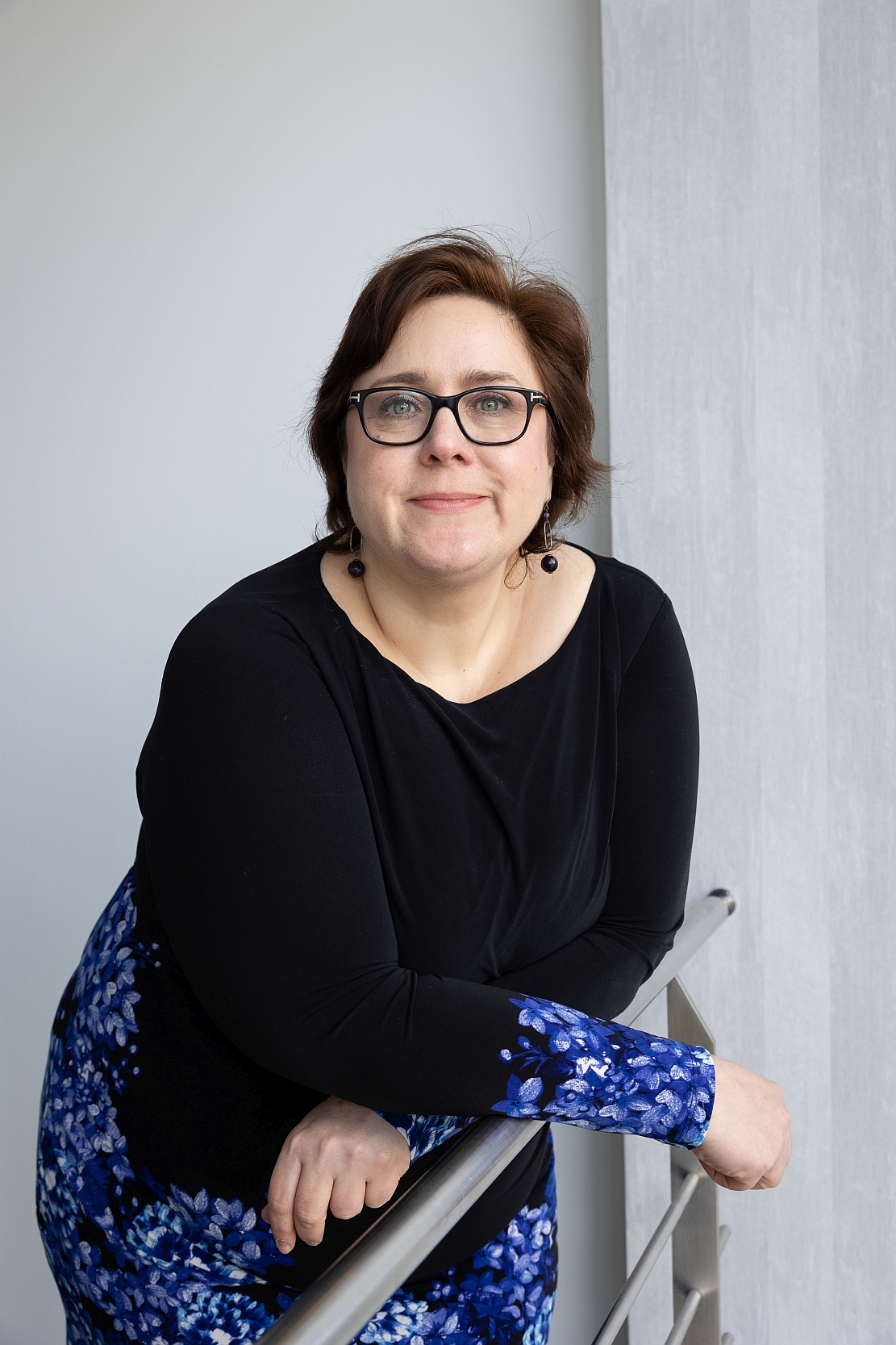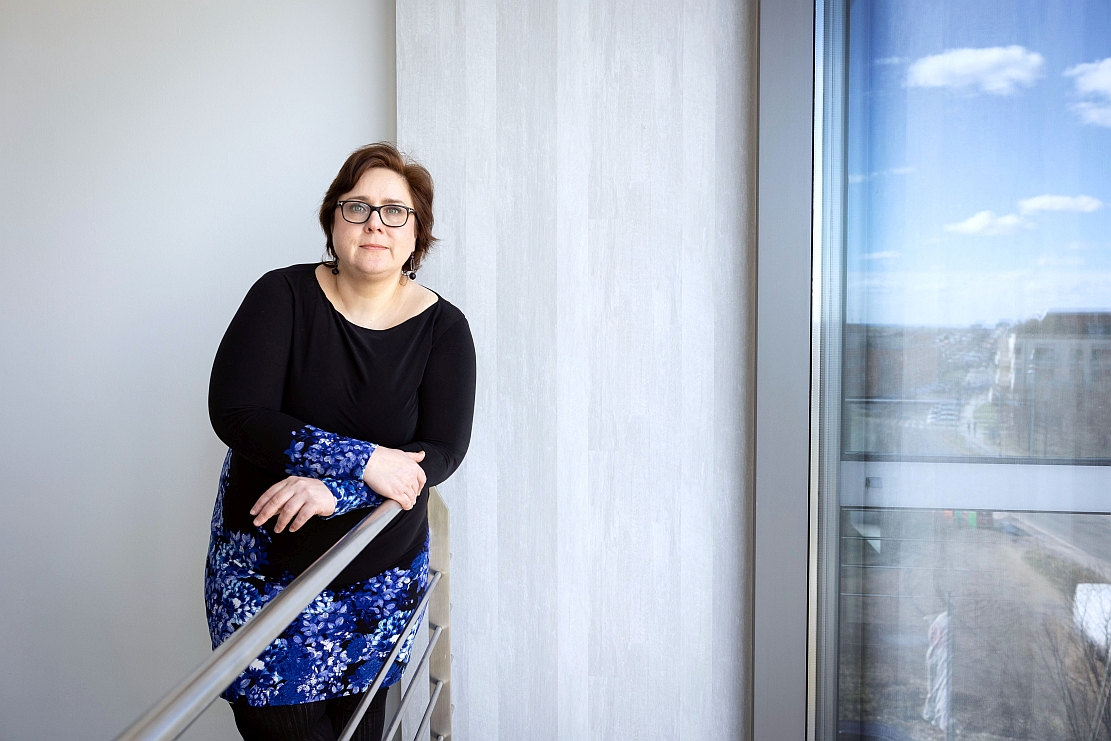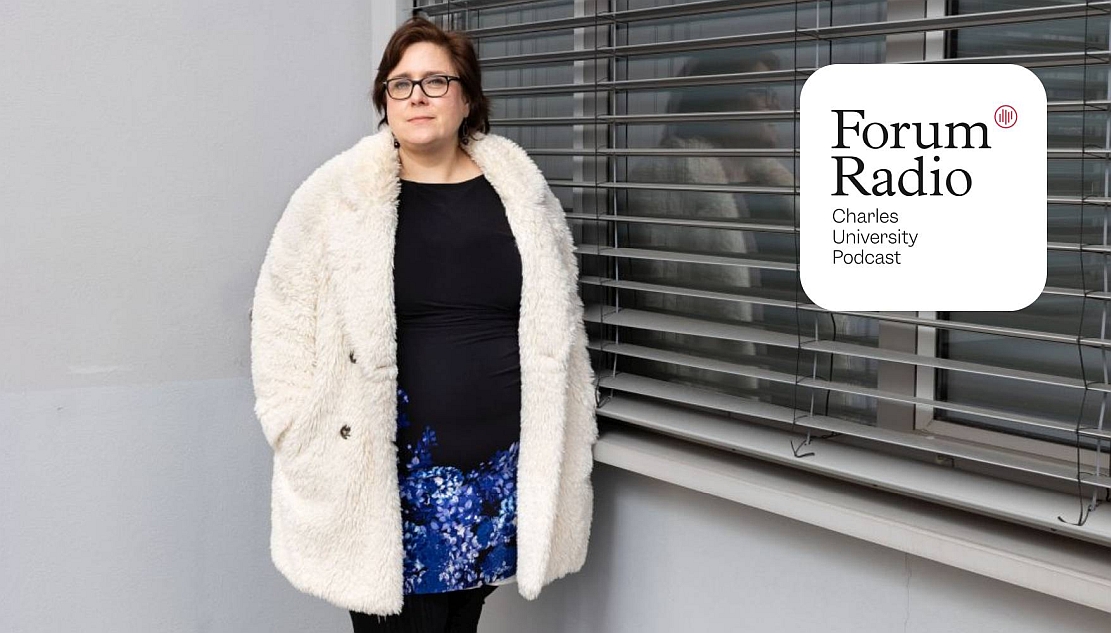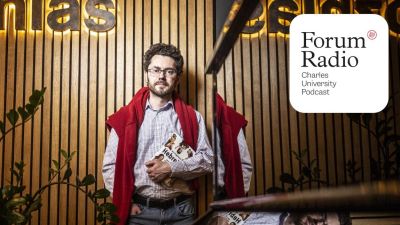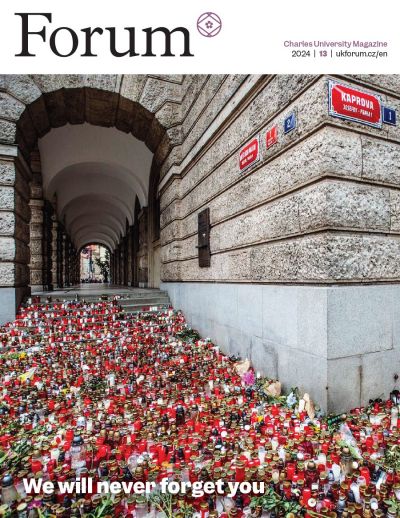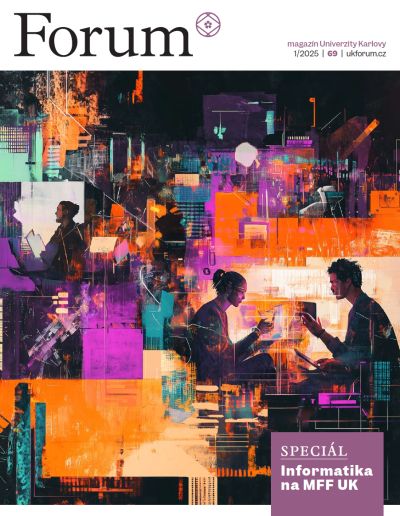Petra Guasti is a highly-respected sociologist and political scientist at Charles University who teaches at the Faculty of Social Sciences. She was a frequent guest in the Czech media in the run-up to this year’s presidential election where she expressed serious concern – and she was not alone in this – about polarisation in society as well as a new low in campaigning on the part of billionaire former prime minister Andrej Babiš. Against his opponent Petr Pavel, a former general and former high official in NATO.
Pavel won the election by a wide margin of almost one million votes, in part at least on the promise to try and heal divisions in Czech society which have grown in recent years. Arguably, it will not be an easy task. Polarisation, as well as threats to democracy, are lifelong topics for Guasti, who is an associate professor, and in this episode we discuss how populism took hold in Czech politics, how President Pavel might fare, and whether divisions - deepened during the election and by factors like the pandemic or the energy crisis - can be healed.
Excerpts from our interview:
On populism
“Populism is a thin-core ideology as opposed to thick ideologies like liberalism or socialism but populism is thin and embodies the Manichean view of us versus them, pure people versus the corrupt elite. But populism is also a political strategy, a style of politics deployed by some politicians, who don’t necessarily embody all of its aspects. We have seen a rise of populism around the world but it’s important to note the following: populism is not just the politics of grievance but initially also of hope. That is the way populism, at least initially, was employed by former prime minister Andrej Babiš and his ANO movement which promised a better future on an anti-corruption platform when they appeared on the Czech political scene more than a decade ago. That is very common for populist parties and it was a part of ANO’s success here. Grievance follows later, over the economy, immigration and other issues… Populists are snake oil salesmen: they are very good at diagnosing problems but their solutions are snake oil.”
Emotions in the political arena
“What is frightening is that we realised over the last 10 years that the guard rails of liberal democracies are much less firm than we thought. What is new in politics is that there are so many emotions now in political campaigns. There have always been grievances: fear and anger as well as hope. The difference is that politicians choose more which emotions to appeal to: whether positive in terms of hope or fear-mongering that Mr Babiš’s campaign opted for in the end to try and reach more voters.”
[Guasti argues that the candidate, with a solid base of around 30-32 percent across the political spectrum, had little choice but to go to further extremes to appeal to more voters to try and get more than 50 percent of the vote in the second round. But by opting for a fear campaign in which his campaign scandalously suggested his political opponent was a warmonger who would drag the country into war, Babiš lost many of his core voters who were turned off by that and similar messaging – ed. note]
The Czech presidential election: A tale of two rounds
“The Czech presidential election is divided into two rounds and both are very different 'animals'. In the first round, a period of many months, you have to make a mark in a wide field of candidates. That is very different from the second round which last just two weeks, and where two candidates face each other. It is a very narrow window. Petr Pavel ran a successful campaign similar in theme to Zuzana Čaputová in neighbouring Slovakia. They were able to position Mr Pavel in a way that he could get more than 50 percent of the vote. Mr Babiš, who had been running for a long time and is a very hard working campaigner, relied on a kind of ‘greatest hits’ approach and has a lot of genuine followers, but the challenge was getting to more than 50 percent. That meant appealing to voters on the radical Left and radical Right. And that’s where things turned ugly.”
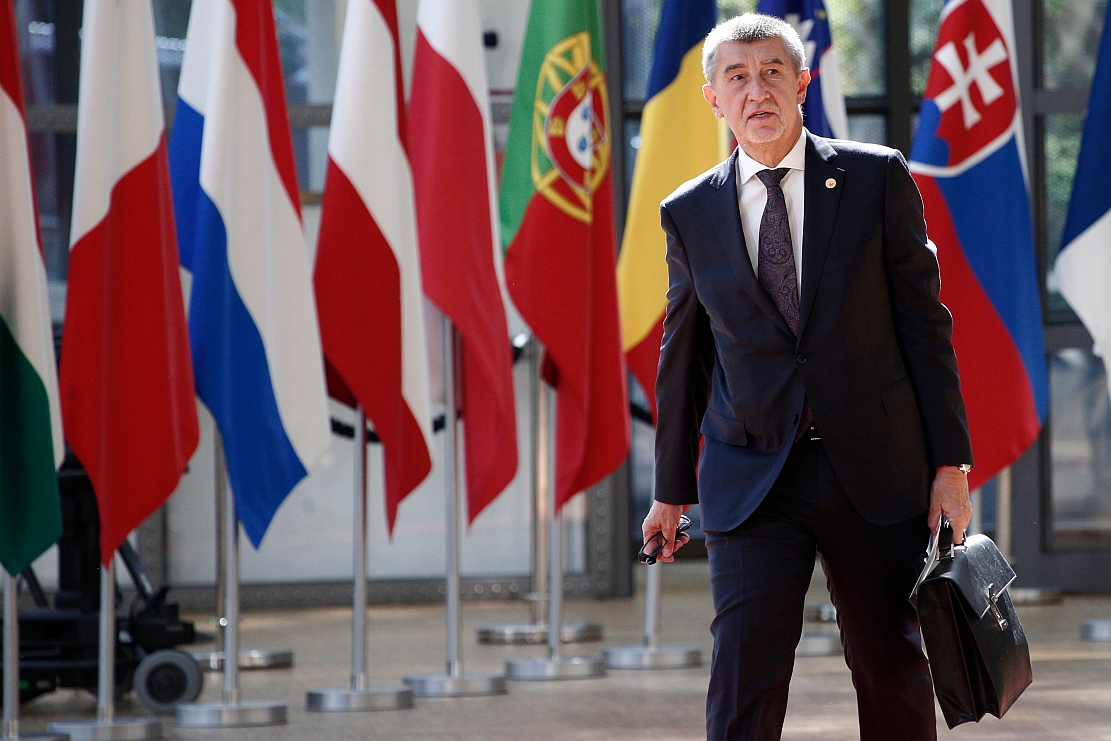
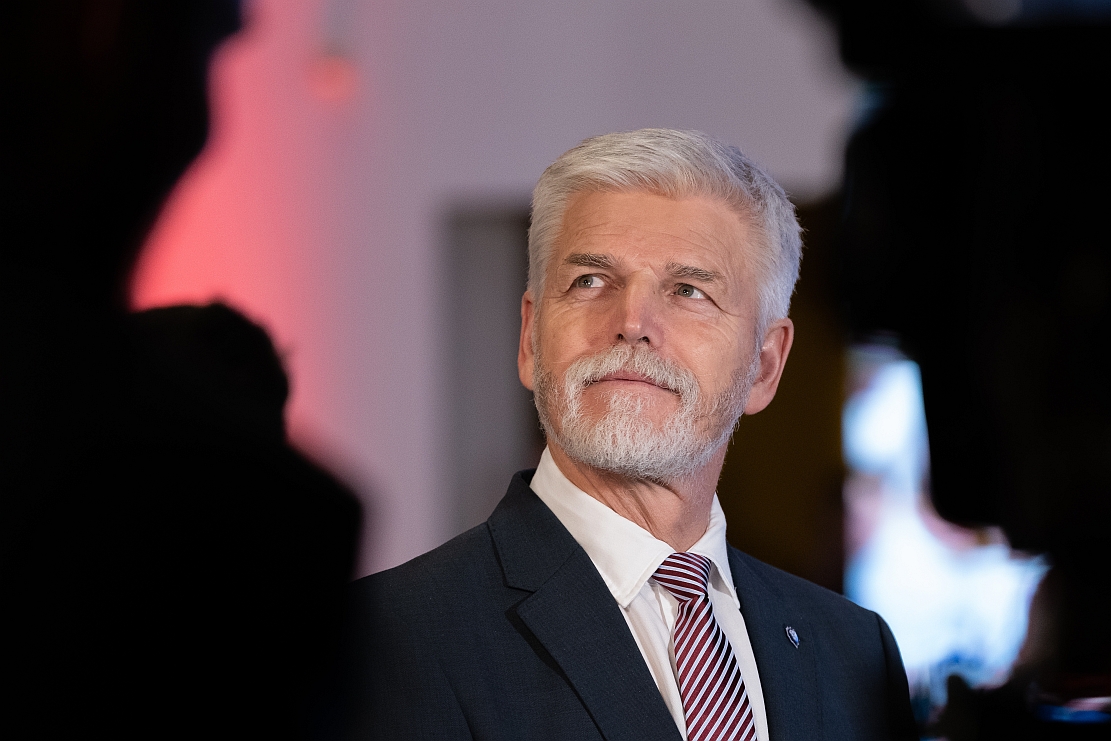
The former prime minister and billionaire businessman Andrej Babiš (left) and the victor: former general and new Czech president, Petr Pavel.
Historic scars: The borderlands
“As a political scientist and as sociologist, I kind of have ‘two heads’ and for me one of the most fascinating things we discovered in our research was how certain regions – those where Andrej Babiš won and has visited often - voted differently from other parts of the country. The second batch of our data is still incoming, but for me the most fascinating part of the electoral map was how differently people voted in border regions that were handed to Nazi Germany in the Munich Agreement before WWII. Things are still different there after all this time. What’s important there is that the people wouldn’t react so warmly to populism if their grievances weren’t real, if they really hadn’t been left behind. Mr Babiš loves his facebook live feeds and if you look at the map behind him in those live casts, he has pins of all these places he has visited including these. President Pavel made a point of visiting those regions also and made clear he wants to spend much more time talking to people around the country than at Prague Castle.”
The Zeman factor - The contest between Mr Pavel and Mr Babiš was also a reaction to 10 years of the former president
“[Mr Zeman] was a wrecking ball who tried to destroy the constitutional order over and over again. It would be nice to say that it was prevented because our institutions held... but the truth is there were moments where it came down to sheer luck. I don’t think there was any moment when the former head-of-state wasn’t thinking about ways to broaden his presidential powers. So with Mr Pavel, part of his appeal as a candidate was simply by saying he would respect and stay within his constitutional mandate. That looked like a great offer to many voters. That is something many Czechs, and I think more than a few Americans, will understand.”
A convincing mandate but only limited presidential powers
“Mr Pavel won 3.3 million votes in a country of 10.5 million inhabitants, a huge mandate in a direct election. And some feel there is a huge mismatch between the legitimacy received and actually quite limited presidential powers. And it takes someone with real character to avoid the curse of the Castle [to not want to expand one’s powers]. Mr Pavel collected 80,000 signatures and was a real citizen’s candidate which makes him different from the last two Czech presidents [career politicians] Miloš Zeman and Václav Klaus, but brings him closer to Czechoslovakia’s and the Czech Republic’s first post-communist era president, Václav Havel.”
Will the 'good will' for the new president rub off on the government?
Erm, Jan here, not Petra Guasti, to answer this. Let's say 'We'll see' with regards the segment of society that was already against the government before. Petr Pavel – both as a candidate and now as the country's president – has made clear he hopes to be an arbiter between different sides. Petra Guasti applauds his pledge to spend much of his time visiting regions and meeting people, as well on key issues trying to bring different sides to the table, such as the government and the opposition (of which Mr Babiš and his ANO movement remain a big part).
| Forum Radio - Interview / Episode 13 / Petra Guasti - Fear, hope and snake oil / Runtime: 44 minutes and 17 sec. |
Petra Guasti works at the Institute of Political Studies at the Faculty of Social Sciences of the Charles University and the Institute of Sociology of the Czech Academy of Sciences. She has worked and habilitated at Goethe University in Frankfurt, and was a visiting scholar at the Ash Center of the Harvard Kennedy School. She has a long-standing interest in the study of democratic processes and democratic institutions at the national and supranational levels.


